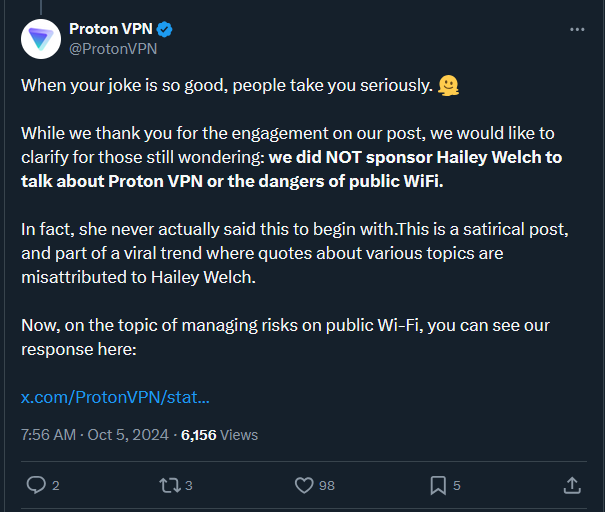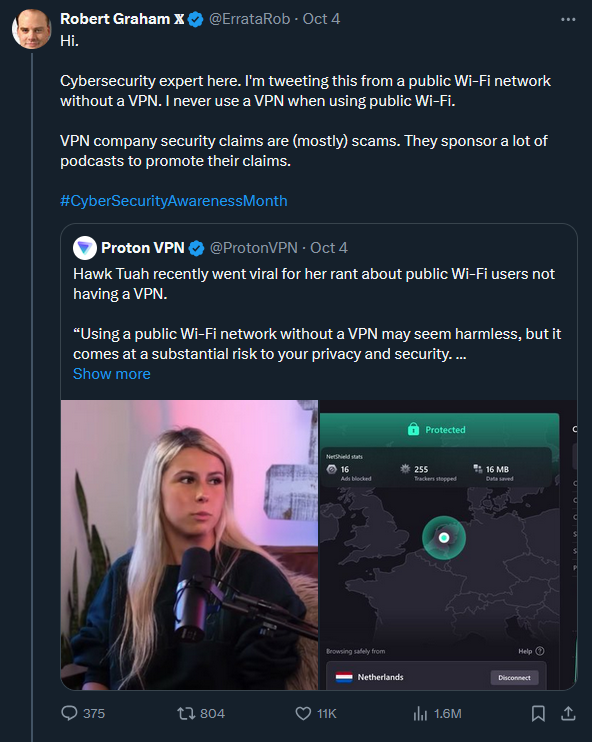this post was submitted on 06 Oct 2024
726 points (90.7% liked)
Technology
60401 readers
3757 users here now
This is a most excellent place for technology news and articles.
Our Rules
- Follow the lemmy.world rules.
- Only tech related content.
- Be excellent to each another!
- Mod approved content bots can post up to 10 articles per day.
- Threads asking for personal tech support may be deleted.
- Politics threads may be removed.
- No memes allowed as posts, OK to post as comments.
- Only approved bots from the list below, to ask if your bot can be added please contact us.
- Check for duplicates before posting, duplicates may be removed
Approved Bots
founded 2 years ago
MODERATORS
you are viewing a single comment's thread
view the rest of the comments
view the rest of the comments


My understanding of the law (and yes, I read it) is that it's not illegal. The law in my state is for service providers to authenticate the ID of any state resident, it's not a requirement on the resident themselves. The service provider isn't aware what state I'm a resident of, and state law doesn't apply outside the state, so I don't know what law would be violated here.
I absolutely agree, and I actually use SNI to route packets for my homelab. Without SNI, I would have to route after handling certificates, which would be annoying because I want TLS to work within my home network, and I mess w/ DNS records to point to my local IPs when inside my network. I could have everything routed through a central hub (so one dedicated machine that handles all TLS), but that's a single point of failure, and I'm not too happy about that. Or I guess I'd have multiple IPs, and route based on which IP is being hit.
I'll have to check out ECH. Hopefully I can eat my cake and have it too.